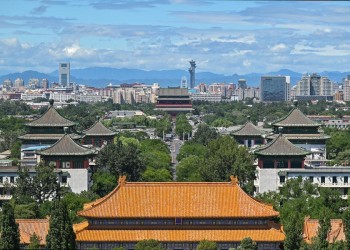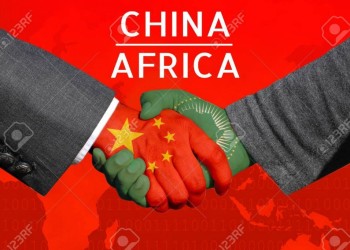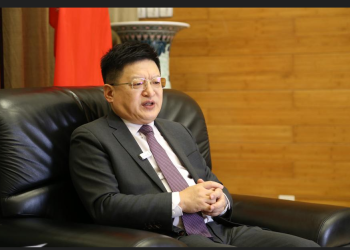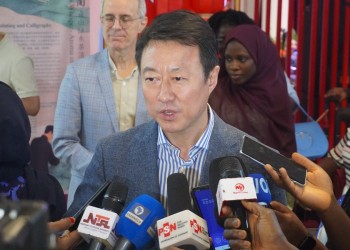BY: HALILU ABUBAKAR MUAZU:
China began its opening up reforms under the leadership of the reformists within the Chinese Communist Party (CCP) Mr Deng Xiaoping. The reforms were launched on December 18, 1978. The opening-up reform was the principal reason if not the sole reason why China become the world’s second-largest economy by GDP nominal in 2010 and is currently the world’s largest economy.
During the period of the opening reforms created and implemented a series of far-reaching market-economy reforms. These reforms opened up China to foreign investments and technology and introduced its vast labour force to the global market.
A large number of China’s foreign policy initiatives are an indication that core values of opening up are still deeply enshrined in their agenda for global development and mutually beneficial multilateral cooperation. The Belt and Road Initiative (BRI), Global Development Initiative (GDI) and the Global Security Initiative (GSI) are all great programs tailored towards achieving a multi-polar world order whereby countries that are part of it will establish relationships and agendas that benefit their people are creating a shift away from western hegemony and neo-colonialism by western countries or countries from the global north.
In addition, China and its allies have benefited from the above-named initiatives in many ways. A large number of developing countries have taken China as a case study to easily create their development blueprint because they share similar histories and challenges. Also, China’s BRI is an effort to strengthen the economies of trading partners by upgrading and building critical infrastructures such as rail networks, roads and bridges, deep sea ports and logistics, power generation and transmission infrastructure, industries, etc.
In conclusion, I want to reiterate that these advancements always prove to have a positive effect on the economy and that is what caused the geometric growth of the Chinese economy in the first place because it create hundreds of thousands of direct and indirect jobs, avenues for technology transfer and peaceful stability. China’s leadership on the world stage has continued to prove that China does not plan and cause harm to its allies and non-allies, but clearly strives for common development in their national and foreign policy.













































